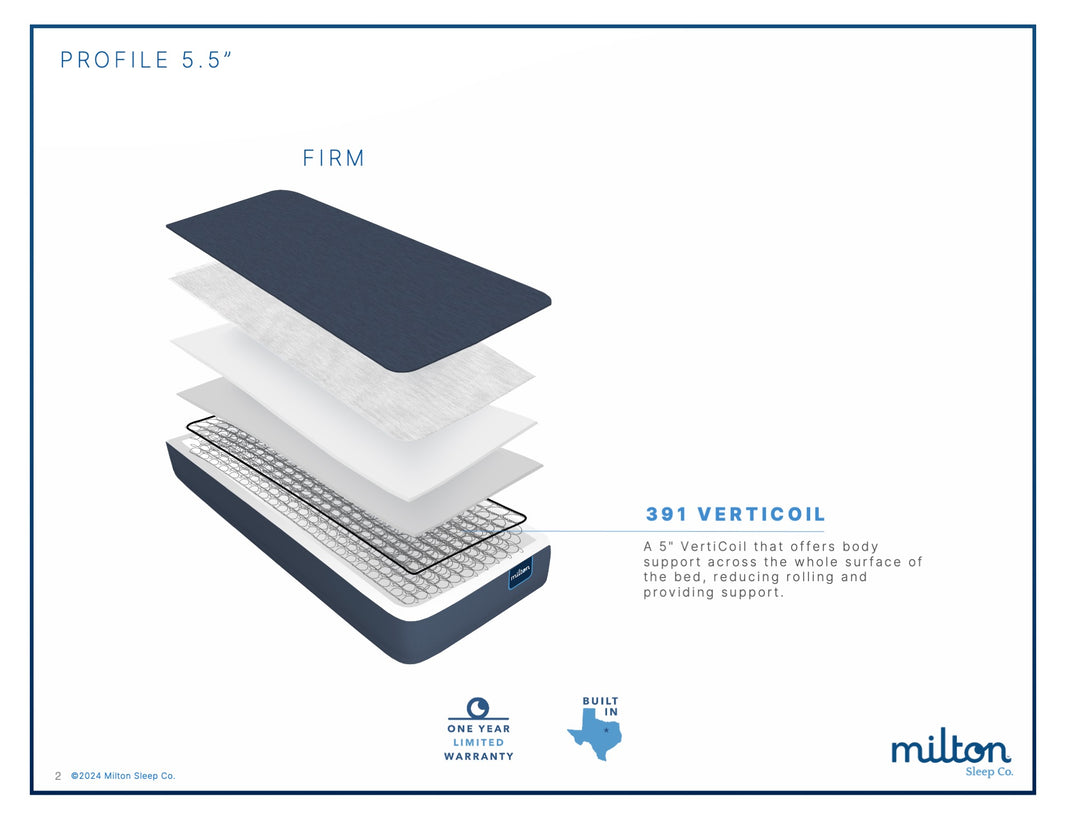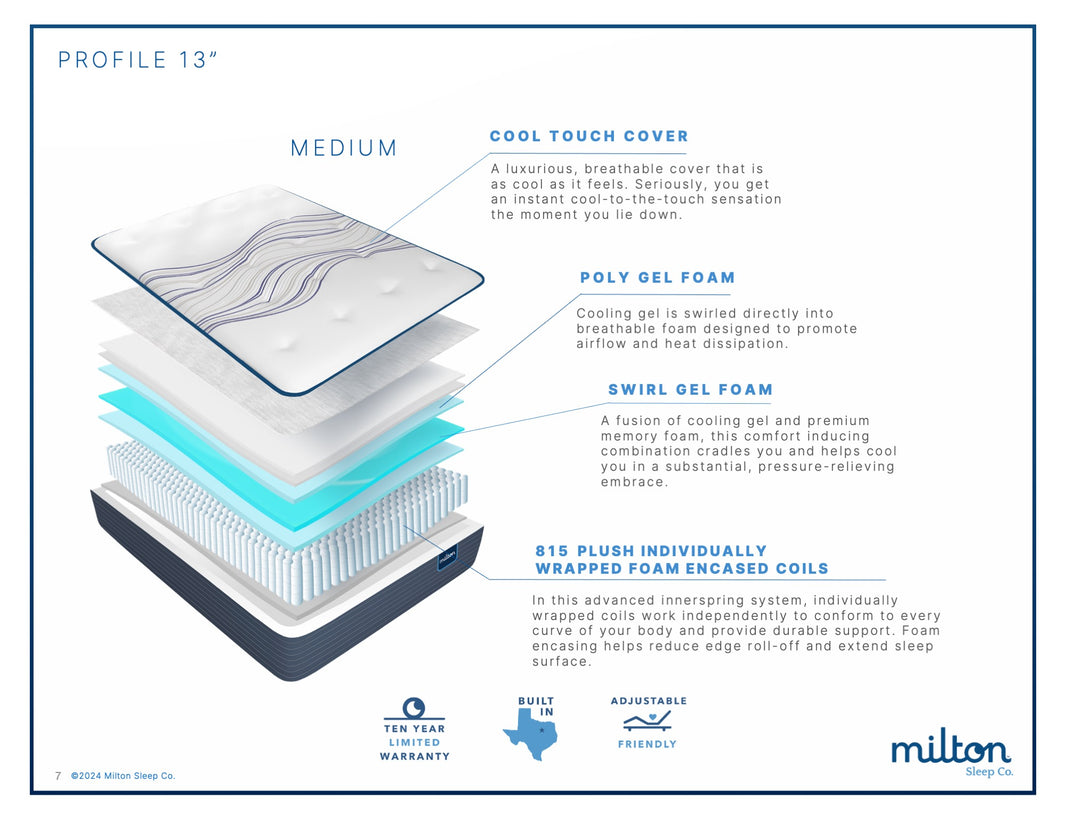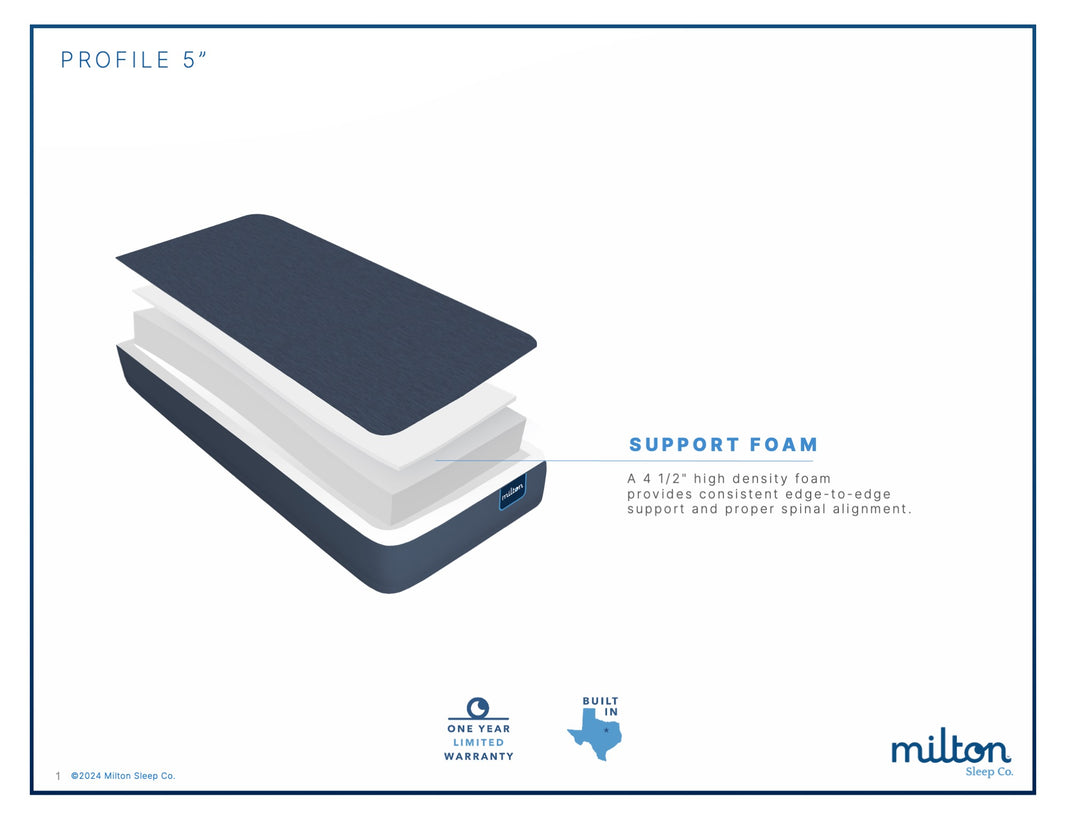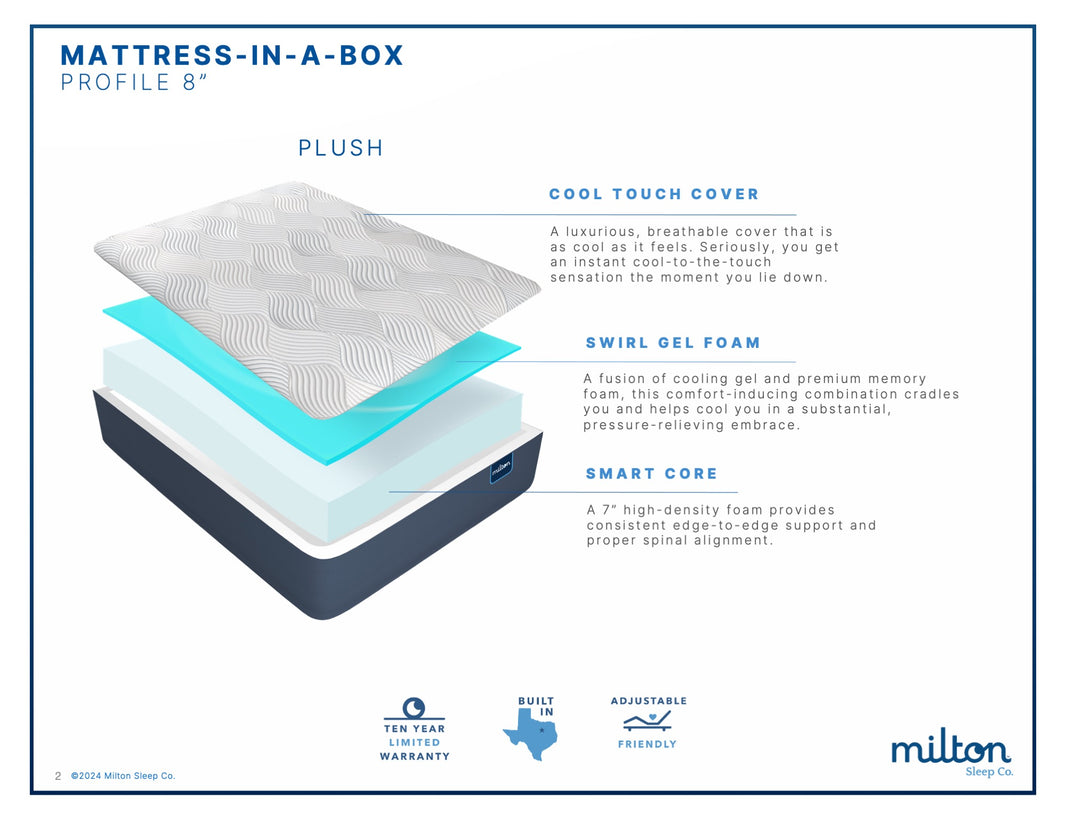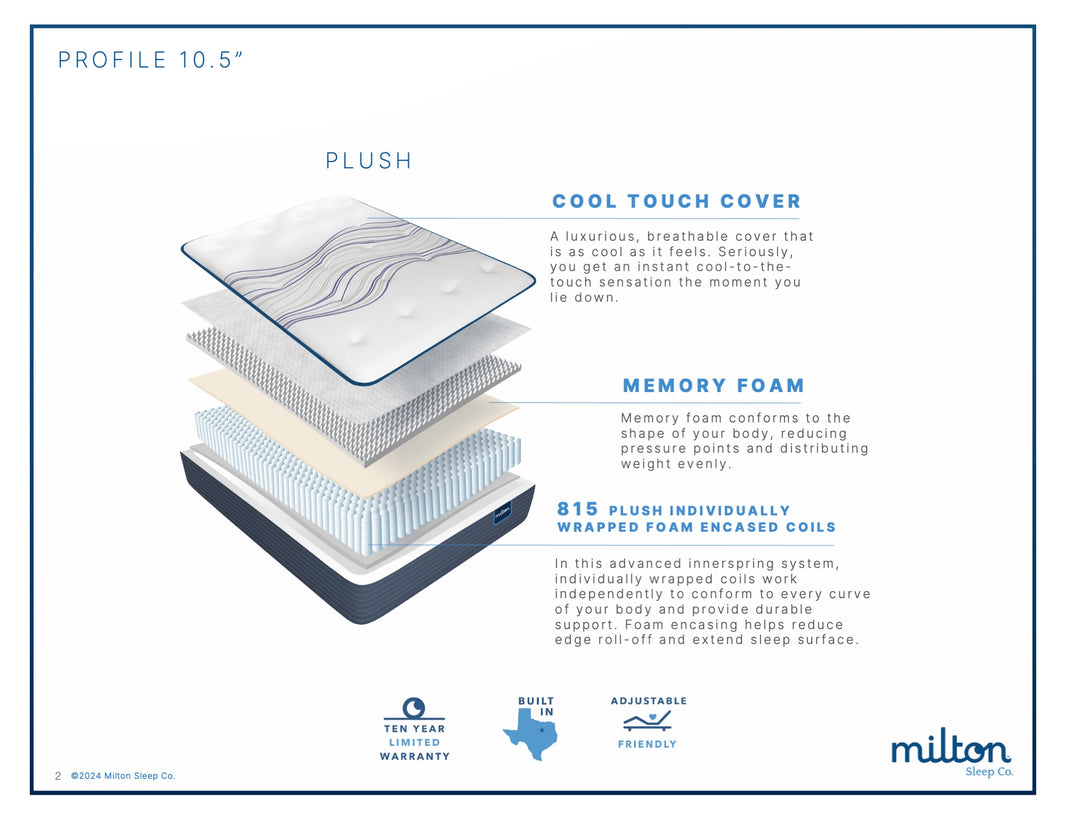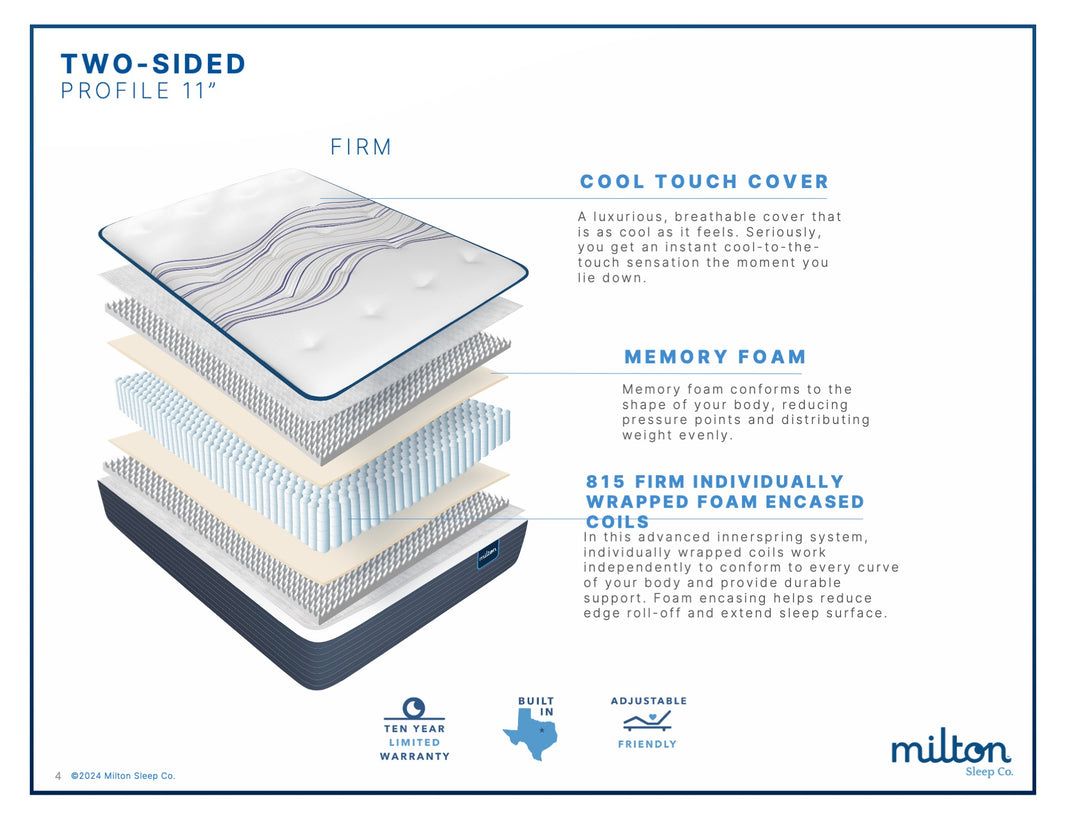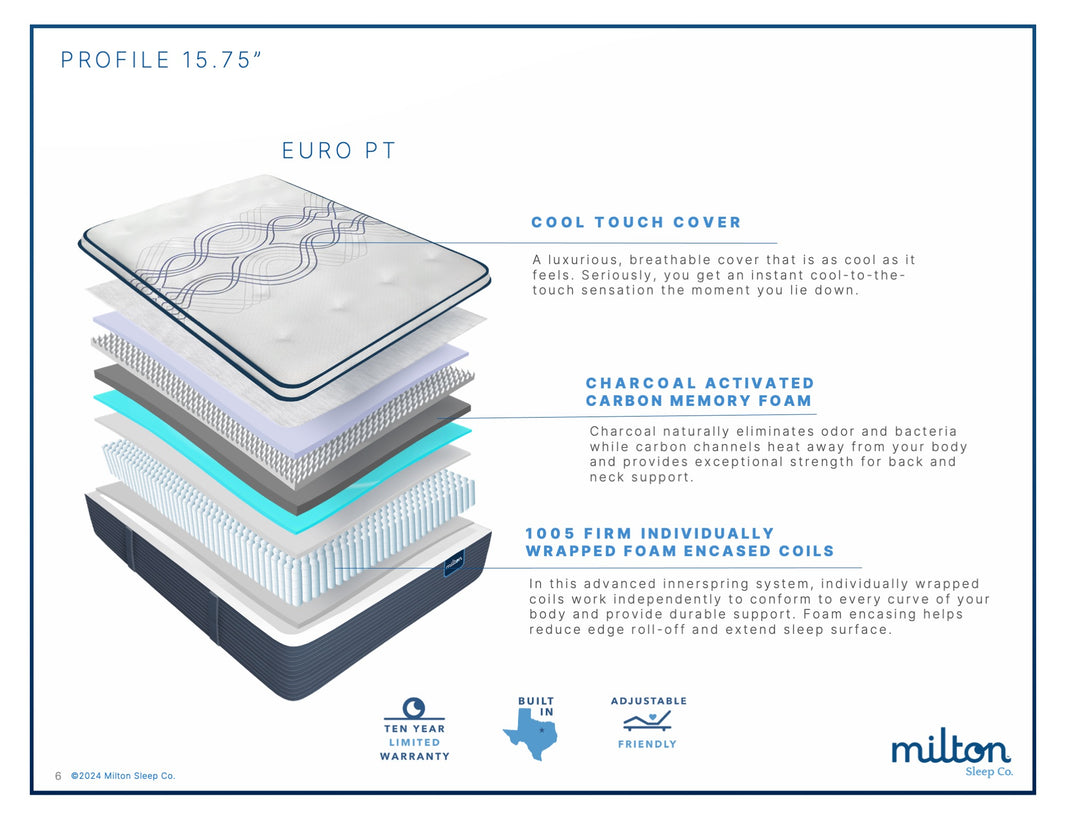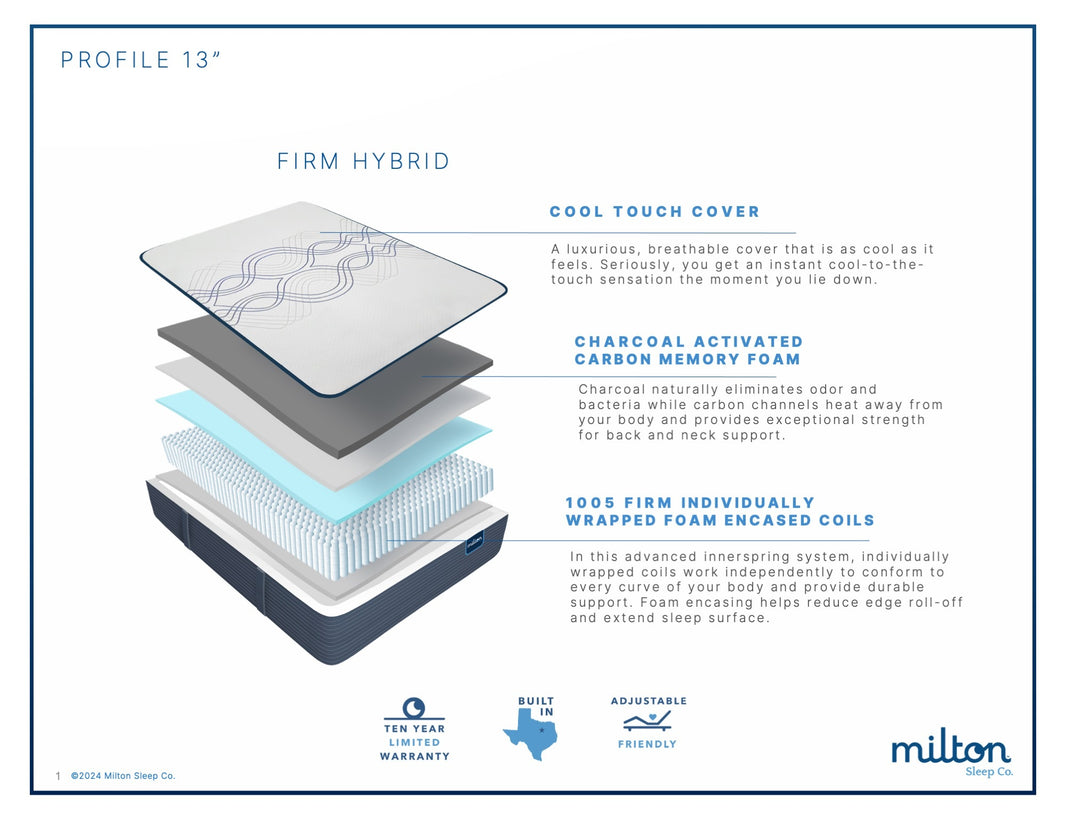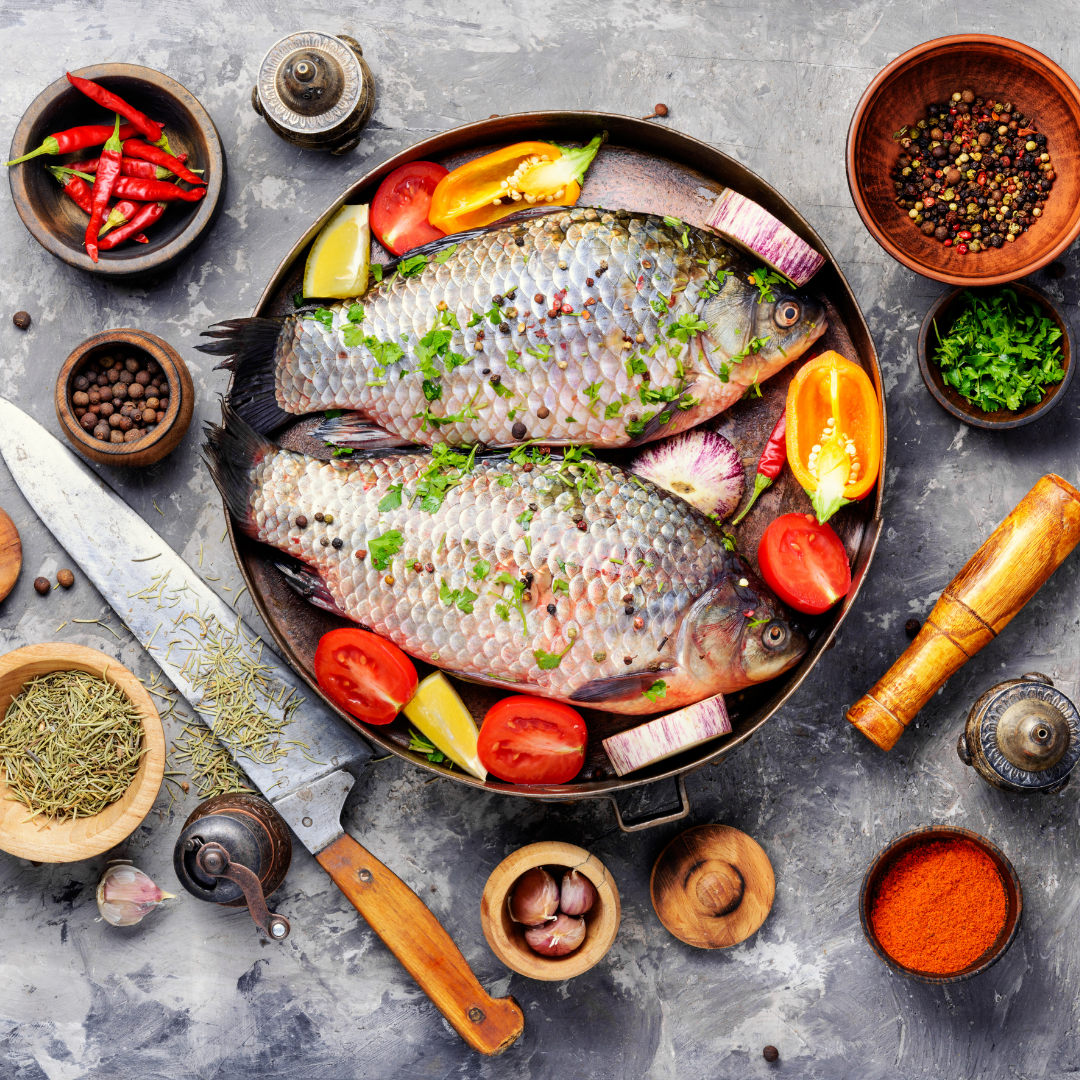A balanced diet plays a powerful role in supporting healthy sleep. While there’s no magic bite that guarantees instant slumber, adding these foods to your routine might help your body rest easier and longer.
Add These Foods To Your Diet for Better Sleep
You might feel that tweaking your diet supports a more holistic approach to better rest. Recent research helps illuminate the foods you might want to start add to your shopping list.
Nuts
Almonds, pistachios, walnuts, and cashews are packed with melatonin and essential minerals like magnesium and zinc. These nutrients work together to support natural sleep cycles and overall relaxation.
In fact, a study found that a combination of melatonin, magnesium, and zinc significantly improved sleep in older adults experiencing insomnia.
Fatty Fish
Salmon and other fatty fish offer a rich source of omega-3 fatty acids and vitamin D, nutrients shown to support serotonin production and regulate sleep patterns.
Results from a recent study revealed that participants who ate salmon at least three times per week reported better overall sleep and higher daytime alertness.
Kiwi
This vibrant green fruit is not only delicious, it might help you fall asleep faster, too. Kiwi is loaded with vitamins C and E. In one study, people who ate two kiwis before bed experienced quicker sleep onset and deeper rest.
Smart Late Night Snacks to Help You Sleep
Feeling hungry before bed? Skip the sugary treats and reach for a snack rich in protein and healthy fats. These options help stabilize blood sugar and contain nutrients like tryptophan and magnesium that naturally support sleep.
Try these:
- Banana with peanut butter
- A handful of nuts
- A small serving of cheese with whole grain crackers
Keep it light, low in sugar, and nutrient-rich to avoid interrupting your sleep cycle.
Start with the Basic for Sleep Help
Struggling to sleep? Simple changes often have the biggest impact. Start by eliminating excess light and noise in your bedroom, including any glow from electronics. And of course, the foundation of great sleep is a supportive, high-quality mattress.
At Milton Sleep, our handcrafted mattresses are designed to help your body fully relax so you can fall asleep faster—and stay asleep longer.
Sources: All facts cited from the National Sleep Foundation


